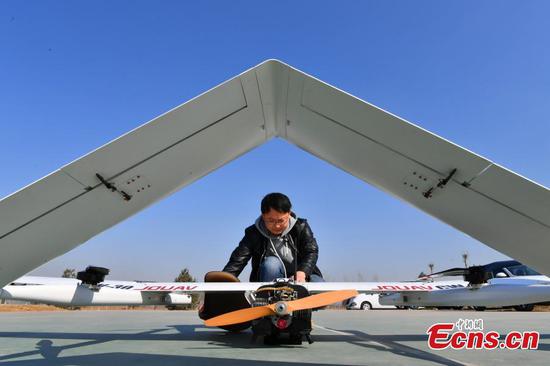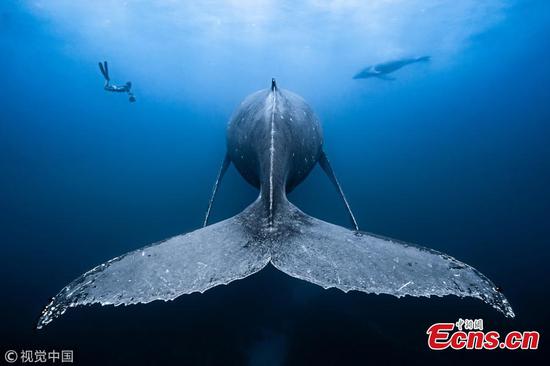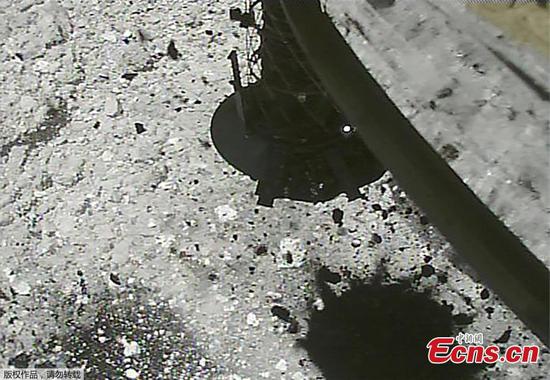The U.S. space agency NASA detailed its budget proposal for fiscal year 2020 on Monday, showing its priority on the country's lunar exploration missions while reducing funding for basic sciences.
NASA plans to devotemore than half of its 21 billion U.S. dollar budget to building the key components of the Exploration campaign that will send astronauts to the Moon and beyond.
Those infrastructure includes a heavy-lift expendable launch vehicle and a crew capsule, and the Lunar Gateway, an outpost that will orbit the Moon in the mid-2020s.
The budget estimate for Lunar Gateway in the coming fiscal year increased by 82 percent to 821 million dollars, according to NASA.
NASA sets its goal as reestablishing U.S. preeminence to, around, and on the lunar surface that will lead to a human lunar landing by 2028 with a seven-day stay on it.
The United States would "lead the return of humans to the Moon for long-term exploration and utilization, followed by human missions to Mars and other destinations," according to NASA.
However, the cost of achieving such preeminence is the agency's continuous attempt to reduce investment in basic sciences.
Compared with those enacted in fiscal year 2019, the budget estimates for fiscal year 2020 in terms of planetary science, Earth science, astrophysics and heliophysics decreased respectively by 4.9 percent, 7.8 percent, 20 percent and 2.2 percent.
NASA proposed no money for the second time to fund Wide Field Infrared Survey Telescope, a next-generation observatory designed to resolve questions in the areas of dark energy, exoplanets and infrared astrophysics. Its request to cancel the project in fiscal year 2019 budget was rejected by U.S. Congress.
The similar tug-of-war may also happen in NASA's funding for science education. NASA provided no funding for its Office of STEM Engagement for the third consecutive year. The previous ones didn't get congressional approval.
U.S. President Donald Trump presented to Congress on Monday a budget proposal for fiscal year 2020 including the NASA budget estimates. The roadmap may differ from the final enacted one. Trump proposed a 5-percent decrease in NASA's space science, but Congress instead raised it by 11 percent in fiscal year 2019.


















































